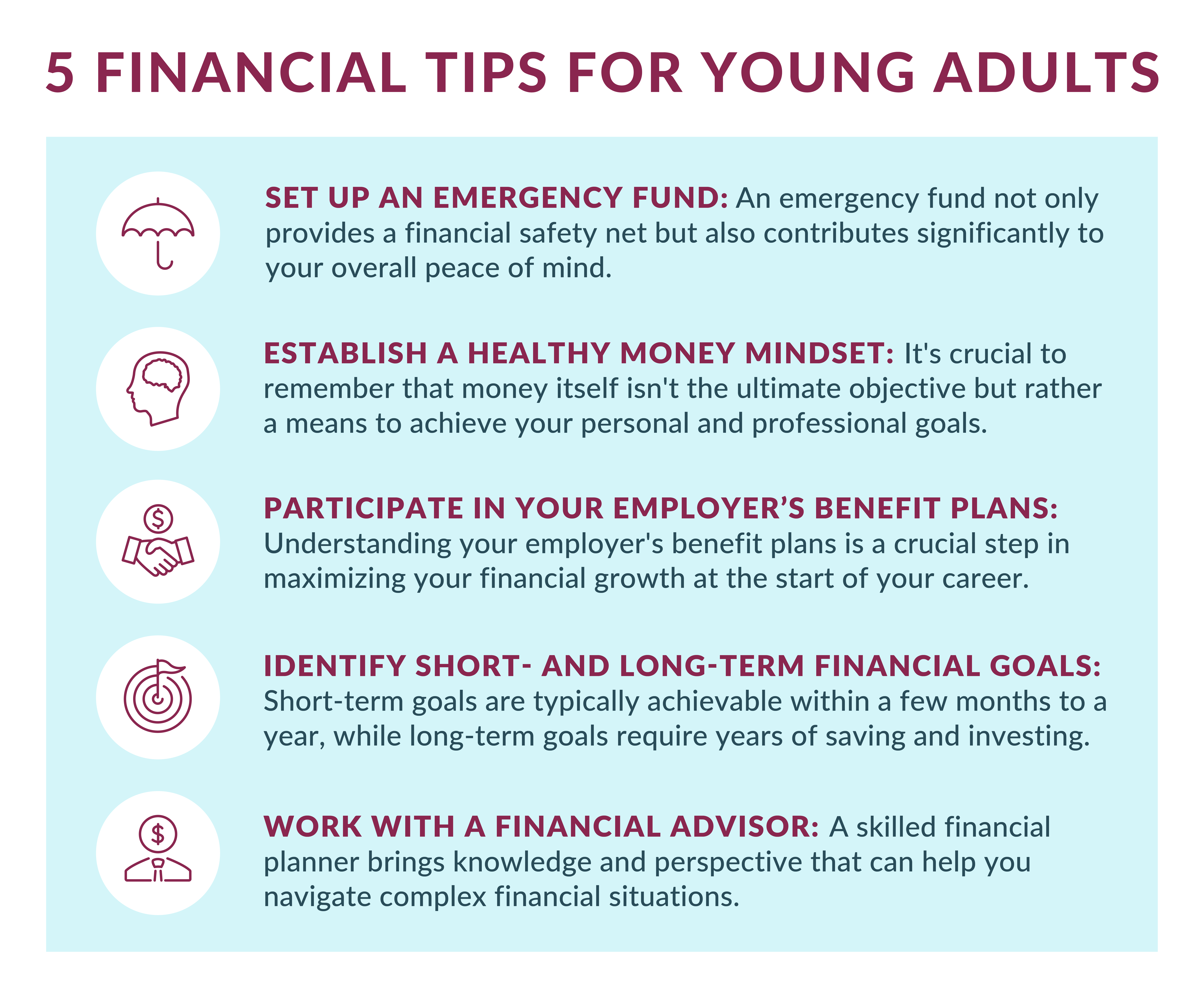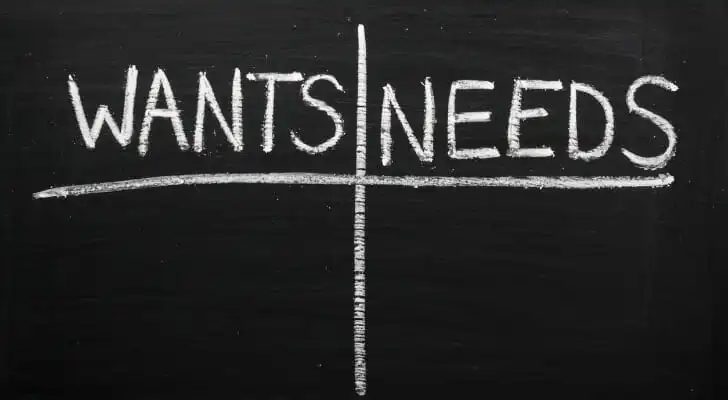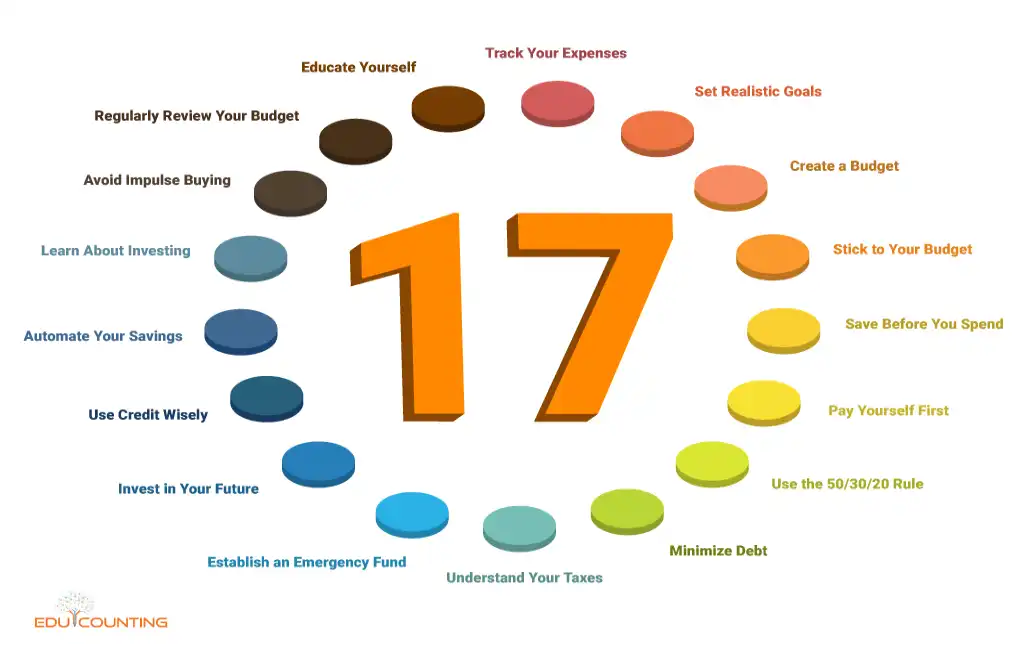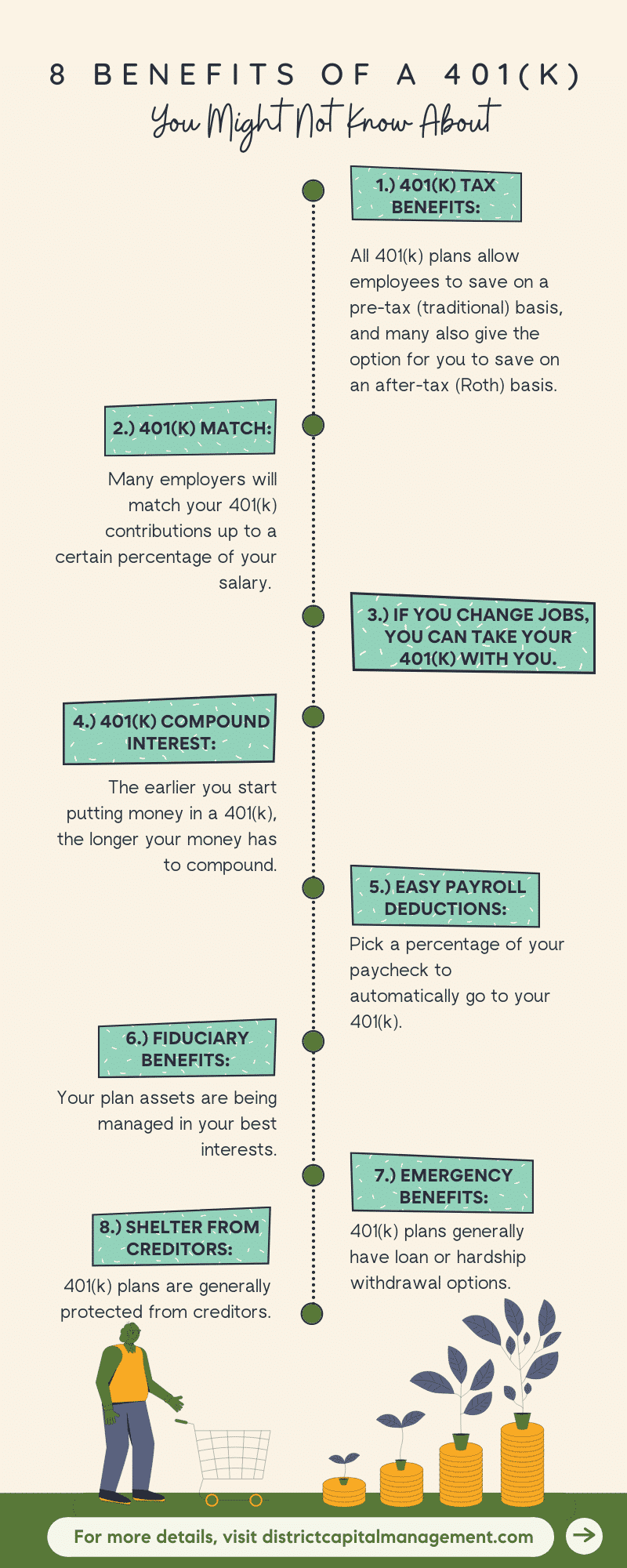
Why Budgeting Matters for Young Professionals
The Impact of Budgeting on Financial Freedom
Budgeting is a fundamental skill that significantly impacts the financial freedom of young professionals. By creating and adhering to a budget, individuals can gain better control over their finances, ensuring that their income aligns with their expenses. Here’s how effective budgeting can pave the way for financial liberation:
- Clarity on Financial Position: By tracking income and expenses meticulously, young professionals can identify their financial health at a glance. This oversight enables them to make informed choices rather than guesses, fostering a better sense of security and confidence in handling financial responsibilities.
- Goal Setting and Achievement: Budgeting allows for the clear definition of financial goals, whether it’s saving for a vacation, a new car, or even buying a home. When one categorizes savings as part of a budget, it becomes sustainable, turning aspirations into achievable realities.
- Debt Management: Many young professionals contend with student loans and credit card debt. An effective budget can help in prioritizing repayment strategies, reducing interest costs, and minimizing the financial burden in the long run.
- Investment and Growth Opportunities: With a solid budget, professionals can dedicate funds toward investments, fostering wealth accumulation rather than merely living paycheck to paycheck. For more insights on investment for beginners, you can check out Investopedia.
Common Financial Mistakes to Avoid
While budgeting is essential, many young professionals fall into common traps that can undermine their financial goals. Here are some prevalent mistakes to watch for:
- Underestimating Expenses: It’s easy to overlook minor expenditures, but these small costs can add up. Keeping a detailed record of all expenses, down to the lattes and subscriptions, helps paint an accurate financial picture.
-
Ignoring Savings: Young individuals often prioritize immediate wants over long-term savings. It’s crucial to allocate a portion of the budget toward an emergency fund and retirement savings. Previous spending habits can lead to neglecting this vital aspect.
-
Impulse Purchases: The lure of online shopping and constant promotions can lead to unnecessary purchases. Avoiding impulse buys by implementing a cooling-off period can save a significant amount of money.
-
Neglecting Financial Education: Many professionals skip the essential step of improving their financial literacy. Understanding complex financial concepts can guide better budgeting and investment decisions. Resources on personal finance are available through credible sites like NerdWallet.
By recognizing and avoiding these pitfalls, young professionals can harness the power of budgeting to ensure a brighter, more stable financial future.
10 Practical Budgeting Tips to Take Control of Your Finances
1. Track Your Income and Expenses Regularly
Keeping a close eye on your income and expenses is the cornerstone of effective budgeting. By regularly tracking these, you gain insights into your financial habits and can identify areas for improvement. Use a simple spreadsheet, a budgeting app, or even pen and paper to log transactions. Regular tracking enables you to stay accountable and can highlight patterns, helping to curb unnecessary spending over time.
2. Differentiate Needs vs. Wants in Your Spending
 Image source: Smart Asset
Image source: Smart Asset
Understanding the difference between needs and wants is crucial for any budgeting strategy. Needs are essentials like food, housing, and healthcare, while wants are non-essential items like dining out or brand new gadgets. By prioritizing needs, you can allocate your budget more effectively, ensuring that your basic living expenses are covered before indulging in discretionary spending.
3. Set Realistic Financial Goals
Establishing realistic financial goals provides you with clear objectives to work towards, making the budgeting process more manageable. Whether it’s saving for a vacation, paying off debt, or building a retirement fund, ensure your goals align with your income and lifestyle. Break these goals down into smaller, measurable milestones to keep yourself motivated along the way.
4. Use Budgeting Tools and Apps
 Image source: Educounting
Image source: Educounting
In today’s digital world, budgeting tools and apps can simplify the process of managing your finances. Tools like Mint, You Need a Budget (YNAB), and PocketGuard help track income and expenses, alert you to spending habits, and visualize your budget. Explore various options to find a tool that fits your personal style and financial needs.
5. Create an Emergency Fund
Establishing an emergency fund is critical to financial stability. Aim to save at least three to six months’ worth of living expenses. This fund serves as a safety net in case of unforeseen circumstances, such as job loss or unexpected medical bills, allowing you to navigate financial challenges without derailing your budget.
6. Limit Unnecessary Subscriptions and Monthly Fees
Take a close look at your monthly subscriptions. Many people unknowingly accumulate recurring charges for services they rarely use. Conduct an annual review of these fees and cancel any subscriptions that no longer provide value. The money saved can be redirected toward savings or debt repayment.
7. Automate Savings Contributions
Automation can be a powerful tool in achieving your financial goals. Set up automatic transfers to your savings account each payday. This “pay yourself first” strategy ensures that you prioritize savings and helps build your emergency fund or contribute to retirement accounts like a 401(k) effortlessly.
8. Take Advantage of Employer Benefits (e.g., 401(k)/Pension Plans)
 Image source: District Capital Management
Image source: District Capital Management
Many employers offer benefits like 401(k) or pension plans that can significantly impact your long-term financial success. Take full advantage of these programs, especially if your employer offers matching contributions. This not only helps grow your retirement savings but also maximizes the financial benefits provided by your employer.
9. Avoid Impulse Purchases with a Cooling-Off Period
Impulse purchases can sabotage your budget and financial goals. To combat this, implement a cooling-off period for non-essential purchases. When you desire something new, wait 24 hours before buying. This tactic allows you to consider whether the purchase aligns with your budget and financial priorities, ultimately leading to more mindful spending.
10. Regularly Review and Adjust Your Budget
The budgeting process is dynamic and should be regularly reviewed and adjusted as your financial situation changes. Schedule monthly or quarterly evaluations of your budget to assess your progress towards your financial goals. Be open to making adjustments in response to shifts in income, expenses, or life circumstances to ensure your budget remains relevant and effective.
How to Stay Motivated and Stick to Your Budget
Celebrate Small Wins and Progress
Staying committed to your budget can be challenging, especially when financial goals feel distant or overwhelming. One effective strategy to maintain motivation is to celebrate small wins and progress. Recognizing even the smallest achievements can significantly boost your morale and reinforce positive behavior.
When you reach minor financial milestones—like successfully sticking to your budget for a week, saving a certain amount for your emergency fund, or reducing unnecessary expenses—take a moment to acknowledge your efforts. You might:
- Treat yourself to a small luxury, like a favorite coffee or dessert.
- Share your success with friends or family, as external recognition can enhance your motivation.
- Keep a journal where you document every win, big or small. Review it whenever you feel discouraged.
Remember, consistency in celebrating progress evolves into long-lasting habits. Psychologically, positive reinforcement helps associate budgeting with feelings of accomplishment rather than deprivation, creating a sustainable mindset. As you continue to achieve these smaller goals, you’ll find it easier to tackle more significant financial challenges ahead.
For more insights into maintaining motivation, check out this article on mental strategies for effective budgeting from NerdWallet.
Get Support from Peers or Financial Mentors
Another essential strategy for staying motivated to stick to your budget is to get support from peers or financial mentors. Surrounding yourself with individuals who share similar financial goals can significantly enhance your accountability and motivation.
Consider the following options for building a supportive network:
- Join budgeting groups online or in your community: Many forums and social media groups focus on personal finance and budgeting. Engaging in discussions and sharing experiences can provide valuable insights and encouragement.
-
Seek out a financial mentor: A mentor can offer expert guidance and share their experiences with managing finances. Their insights can help you avoid common pitfalls and offer strategies that have worked for them. This could be a family member, friend, or a professional financial advisor.
-
Participate in accountability partnerships: Find a budgeting buddy who is also working towards financial goals. Regularly meet or check-in with this person to discuss your progress, challenges, and strategies.
Support from others not only helps in maintaining motivation but can also inspire a healthy financial mindset. Knowing you’re not alone in this journey encourages self-discipline and helps bolster accountability, making your budgeting efforts much more achievable.
To explore various community resources, visit SmartAsset’s community support page for insights on how to find like-minded individuals committed to financial wellness.
Conclusion: Start Your Budgeting Journey Today
Embracing a budgeting journey is not merely about tracking numbers; it’s about reshaping your financial future and achieving financial freedom. By starting your budgeting journey today, you take the first proactive step towards understanding your financial landscape, making informed spending choices, and building a life that aligns with your goals.
Why Start Now? The sooner you begin budgeting, the sooner you’ll discover its myriad benefits, including:
- Increased financial awareness
- Ability to set and achieve your financial goals
- Formation of a robust emergency fund
- Reduced financial stress and anxiety
It’s crucial to remember that even small adjustments to your spending habits can lead to significant changes over time. A well-structured budget affords you the opportunity to redirect funds towards savings, investments, and long-term financial goals. Don’t let fear of complexity deter you; utilize numerous budgeting tools and apps available today that can simplify the process and keep you on track.
Moreover, seeking support from friends or financial mentors can provide you with the extra motivation needed to remain committed to your financial goals. Encouragement and shared experiences can make your budgeting journey more accessible and enjoyable.
As you’ve learned throughout this article, successful budgeting isn’t solely about restriction; it’s about empowerment and financial literacy. For further insights into budgeting and tips from trusted experts, consider exploring resources like NerdWallet or Mint.
Start your journey today—take control of your finances, and watch as your financial dreams become a reality. Remember, every step you take now is a step towards a more secure and brighter financial future.
